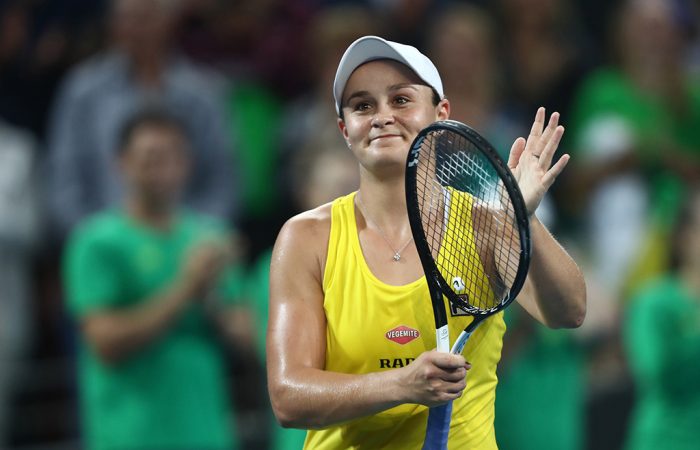
Ash Barty: A gun junior player who got mentally burned out, and so took time off to have fun playing cricket and to give herself a break from the intense bubble of world tennis. She is now the French Open champion and goes into Wimbledon as the favourite.
Ash had to take the brave step of doing what she felt was right for herself. Elite sport rarely gives athletes room for a break. Generally speaking, the powers-that-be do not wait around for athletes to step aside for a short time to regenerate their minds and bodies. We have seen many cases where athletes, performing at a high level, decide that they need to take a break but have had their funding cut by the systems who manage them.
Funding cuts disenfranchise athletes. It becomes a war between them knowing what is best for themselves and their longevity in the sport, and a system that just wants to keep them playing, despite the risk of losing them early due to burn out. The athlete can resent the lack of flexibility and the lack of appreciation for what they have done before. The lack of communication on this issue from both parties can lead to a stalemate, with many athletes retiring at this point and leaving their sports with a bad taste in their mouths.
A year off can be a powerful thing, as long as the athlete stays in shape. It can reenergise the mind and body and prepare the athlete for another 10 years of competition. Giving the athlete time to do this, without cutting their funding completely, is an opportunity missed by federations and clubs. The systems are medal hungry for obvious reasons, but could be losing out on medals further down the track by losing great athletes too early, due to lack of flexibility with taking time out.
Ash Barty is a case in point. She is now poster girl for dealing with athlete burn out and reentering sport with renewed motivation and strength. What would have happened if she didn’t take that break? I’d very much doubt she would even be holding a racket right now, let alone going to Wimbledon as the No.1 seed.
Young athletes, their coaches and managers should take note. Time off, when it is needed, does bear fruit in the long run. Supporting the time off needs to be seen as a performance gain and money well invested.


